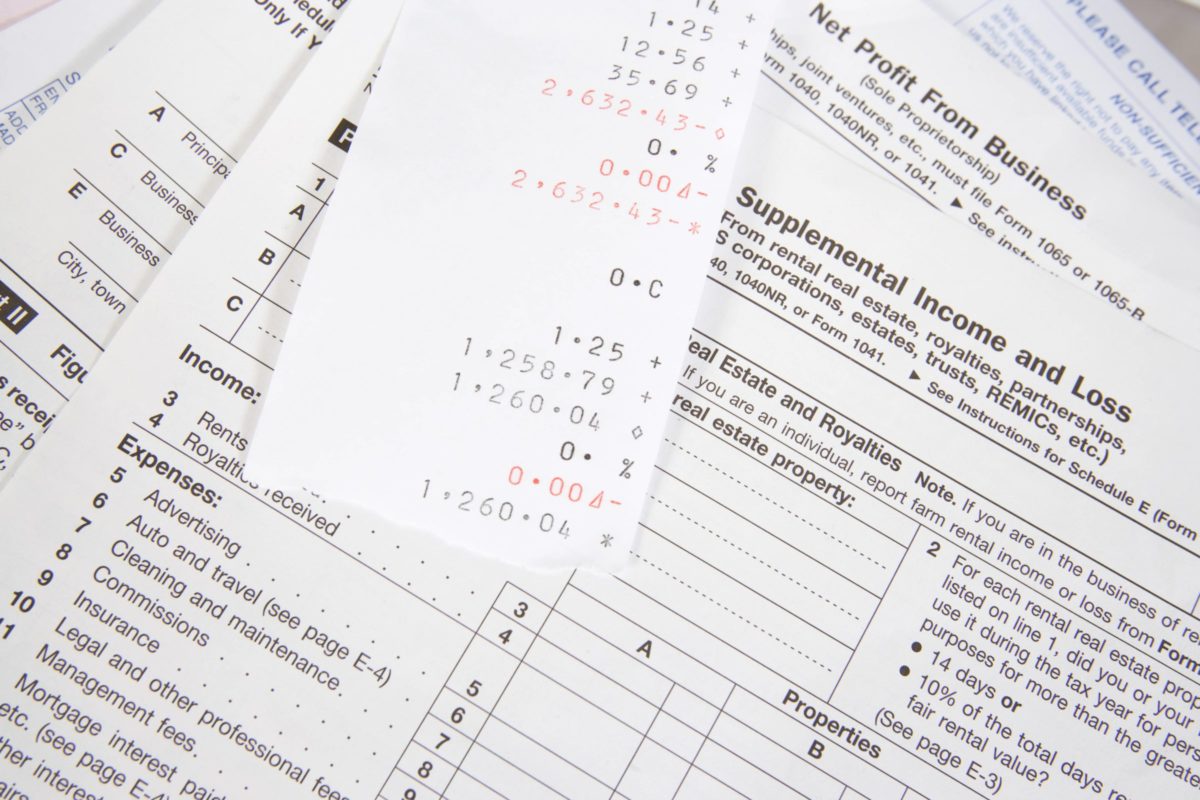280E – the Complexity of Cannabis Taxation

The 280E and the Complexity of Cannabis Taxation.
Federal tax law as it regards the cannabis industry typically hinges on one relatively simple, extremely simplistic Internal Revenue Code (IRC) – 280E. This law effectively removes from cannabis businesses the standard tax deductions and credits that are the foundation of small business success in the United States. Specifically, any taxes paid or incurred while carrying out a business or trade that consists of trafficking in Schedule I or II controlled substances, as identified in the Controlled Substances Act, cannot be deducted from a cannabis business’ tax burden. As we know, cannabis is still Schedule I.
While a considerable level of legislative might has been used against the cannabis industry in states where the citizens have voted for some level of decriminalization, regulation, or legalization, the most onerous is the removal of these basic tax credits and deductions from small businesses. However, 280E may not be as clearly defined as it seems to be.
In January, 2015, the IRS Office of Chief Council issued a Chief Council Advisement (CCA) 201504011, attempting to clarify that deductions may not be claimed for trafficking a substance, and that it does allow for some deductions of indirect, production-related business expenses. That CCA outlined that cannabis businesses may not calculate Cost of Goods Sold (COGS) in the newest way allowed by the IRS, which allows businesses to include many related business expenses as a COGS. Instead, more archaic methods need to be utilized in cannabis taxation, although they allow for a much lesser tax burden than otherwise. As of now, this CCA has not been overturned, but it has been expanded upon for further clarification.
Based on this CCA and the relevant IRC, cannabis business must itemize deductions based on a separate section of tax code, IRC § 162. These must meet several qualifying factors, listed in the law, including that it be “ordinary and necessary” in carrying on a trade or business activity. It must be an expense, paid or incurred during the filing year. This allows some deductibility for cannabis businesses, but it’s still incredibly restrictive.
Retailers or resellers are only allowed to consider the invoice price of cannabis, less discounts but including transportation or other costs incurred in gaining possession of the inventory.
Producers have many more possibilities of claiming COGS. For them, production-related rents, wages, or even repairs can be considered COGS, if you are an accrual-basis taxpayer. For most cash-basis cannabis businesses, this can be an immediate COGS. Some specific COGS for producer-processors are: repair and maintenance of facilities, utilities, rents, indirect materials and supplies, non-capitalized equipment, even the costs of quality control and required inspections may become Cost of Goods Sold deductions.
Some producers have been able to claim additional COGS deductions, if they provide clear and explicit financial statements that follow Generally Accepted Accounting Principles (GAAP). These further deductions can include insurance, employee benefits, and even officer or administrative salaries and expenses.
Even with utilizing all the creativity and flexibility of multiple cannabis legal networks, and an incredible amount of cannabis industry lobbying, current tax code still greatly limits the ability of cannabis businesses for taking advantage of extant deductions which are the framework for small business success and economic fairness in America. Further changes in LLC frameworks, and how the IRS can audit an LLC, as well as the personal accountability of individual members of an organization add further complication for business owners in this unique industry.
By: Michael “the Aging Ent” Schroeder owner Green Owl Media
Pub. L. 97–248, title III, § 351(a), Sept. 3, 1982
https://www.irs.gov/pub/irs-wd/201504011.pdf
https://www.irs.gov/pub/irs-drop/rr-05-53.pdf
